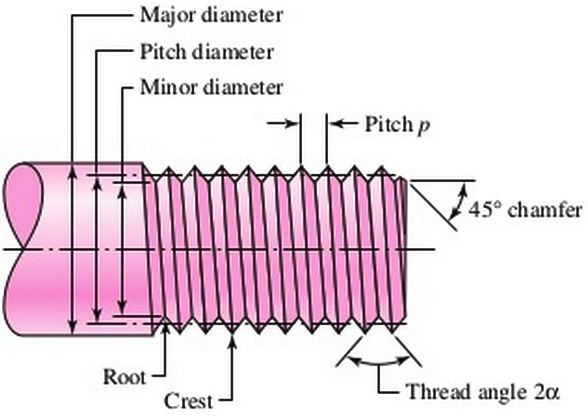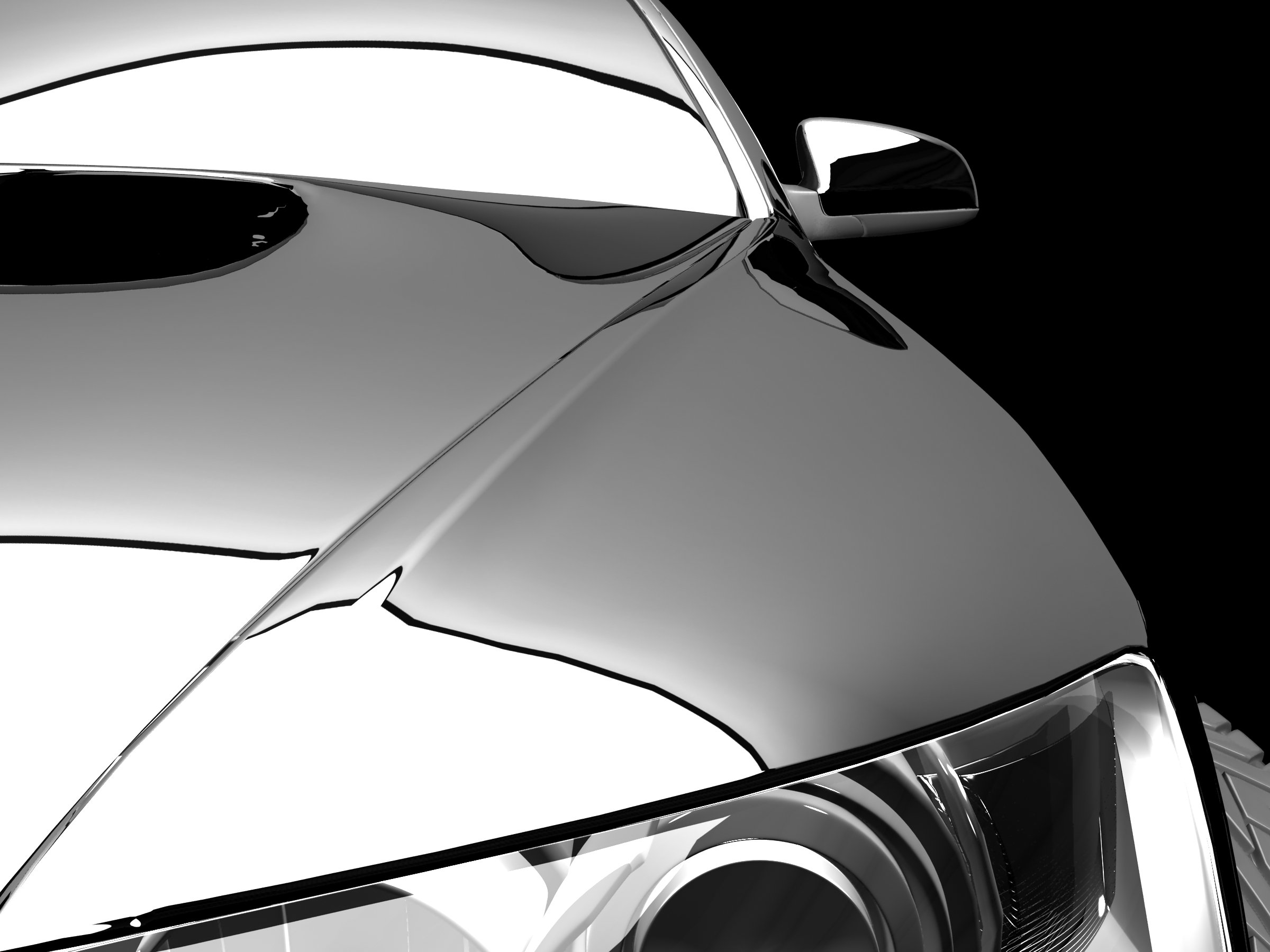When your engineering prints call for "nickel plating" without specifying the chemistry, you're leaving critical performance decisions to interpretation. The choice between matte (sulfamate) and bright (sulfate) nickel isn't only about cosmetics. It's an engineering decision that impacts mechanical properties, coverage uniformity, and long-term reliability in ways that can make or break your application's performance.
Products Finishing magazine names Electro-Spec to the ‘Top Shops” list
CINCINNATI, Ohio – Electro-Spec, Inc. has been named one of the best finishing shops in the U.S., according to an industry benchmarking survey conducted by Products Finishing magazine, a trade publication which has covered the industry since 1938.
Accounting for Plating Thickness in Assembly Design
The main consideration when plating threaded components would be to ensure that the plated threads properly fit into their mated counterparts. As shown in Figure 1-1, the dimensions to consider here would be the diameter and pitch of the threads. This translates into the tolerance of the plated coating being accounted for within the assembly because the plated coating will slightly change the geometry of the threaded component. The thickness of the plating should be accounted for when the part is designed. The most ideal location to account for the plated coating would be within the specifications of the mating part, including diameter and pitch. Of course, certain calculations are required to determine the slight change in the diameter or some other dimension of the mated part which will not impact the overall strength of the assembly. But, this is a calculation that should be performed before arbitrarily designating a plating thickness.
Plating protects metal surfaces, increasing their hardness, tensile strength and applies an aesthetic quality. When seeking appropriate plating for a specific project, you’ll find that there are a number of nickel plating types and options to consider.
So how does one determine exactly which plating is best for your particular situation? The first item to consider is the application.
Generally speaking, if a conductive surface doesn’t require a high corrosion or wear resistance but needs a bright sheen or low-stress layer, then electrolytic plating will be the most efficient process.








